One hot cup of Starbucks in the morning, a glass of red wine with dinner and a nightcap with your significant other that evening, and you’ve broken the BYU Honor Code three times in one day.
That’s a common day for most of us.
For students at BYU, it’s all prohibited.
But BYU deciding to dismiss Brandon Davies (starting forward and one of the best players in its basketball program) for having premarital sex with girlfriend Danica Mendivil should be considered a refreshing decision, albeit a painful one.
It’s refreshing, yet misunderstood. That’s because most of us – present company included – couldn’t live without these so-called vices for 12 hours, let alone an entire college tenure.
In fact, reading the BYU Honor Code makes me feel like the Charlie Sheen of sportswriting.
College sports of today are a spreading firestorm of recruiting violations, accusations and cheating. In cases where players, coaches, or programs get caught, the results aren’t always what are truly deserved. That even includes situations with NCAA involvement.

The BYU Honor Code story is a refreshing change, albeit a painful one for the Cougars
Recent stories that come to mind range from USC football, to Ohio State football, to the Cam Newton saga at Auburn. Even the Oregon Ducks are being probed, according to recent reports.
But BYU stuck to its guns, and 19-year old starting forward Brandon Davies stuck to his, too – admitting to premarital sex with his girlfriend – one of the many no-no’s in the BYU Honor Code.
The dismissal of Davis has likely eliminated the Cougars’ chance at a #1 seed in the NCAA Tournament. Still, it should be considered the best sports story since MLB umpire Jim Joyce and starting pitcher Armando Galarraga came together after a near-perfect game was lost due to a blown call.
And that’s because the true spirit of sports prevails again.
In sports today, so many college football coaches dodge disciplinary actions on players. Often a troublemaker sits one game against a cupcake team in early September. Fans frequently toss hate in the direction of teams that take a stand. Decisions that can hurt a team’s chances at long-term success are often frowned upon. Players who deserve disciplinary action often avoid trouble by stretching the truth or flat-out lying.
Brandon Davies owned up to his mistake and accepted his punishment.
BYU stayed the course and made no exceptions for its honor code. Even though it was obvious that the action on Davies would be detrimental to the basketball program and its chances for a national championship. That thought process became a near reality after the Cougars’ first game without Davies. The result: an 82-64 blowout loss at home to unranked New Mexico.
Many BYU students and fans have also embraced the decision. The school deserves respect for holding true to its code.

Jimmer Fredette is taking on a taller task without Brandon Davies in the BYU lineup
How many sports bystanders can honestly admit that they would also support such a decision?
Perhaps at the time, BYU was likely suffering from a severe case of “Jimmer Fever”. That brings up a whole new point. Would BYU react the same way if Jimmer Fredette broke part of the school’s honor code?
The answer seems clear, and that’s yes. It’s simply because there was no wavering at all once the decision was official. Clean, cut and dry – Davies was out.
BYU knows how important Davies was to the team. It’s the fans and critics that didn’t. Because the clear majority focuses so much on Jimmer, from his name to his game. Davies was part of the one-two punch that BYU had, perhaps in a watered-down mold of another past duo playing in Utah, Karl Malone and John Stockton. One led the offense – the other a beast in the paint.
But it’s now apparent that the Cougars’ success has been more of a team effort than critics and fans realized. Davies was BYU’s leading rebounder. He averaged 11.1 points per game and scored in double figures during 20 games. Davis also had three double-doubles, including 15 boards during one of his final games (2/23 vs. Colorado St.).
It’ll be interesting to see how Fredette, BYU and the Cougars can face adversity going forward, and heading into March Madness.
One thing’s for certain, while a hefty number of college kids channel their inner-Sheen, showering campuses with underage drinking, sex and late nights of debauchery, BYU continues to stay the course.
And while that may feel strange to most of us, it’s damn refreshing, like a hot cup of coffee or an ice-cold glass of beer. It’s clearly a decision the sports world should honor and embrace.

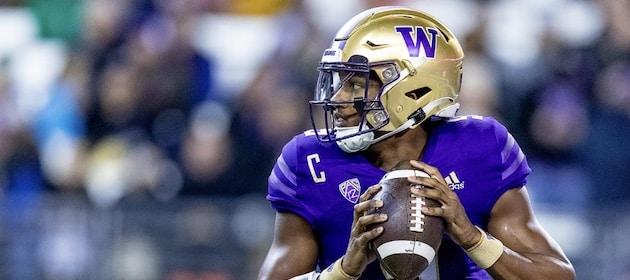
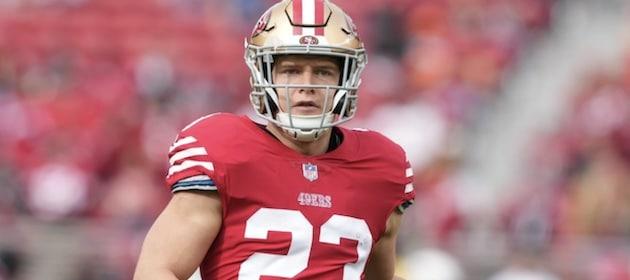
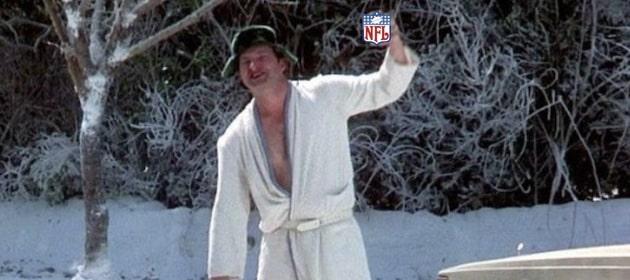
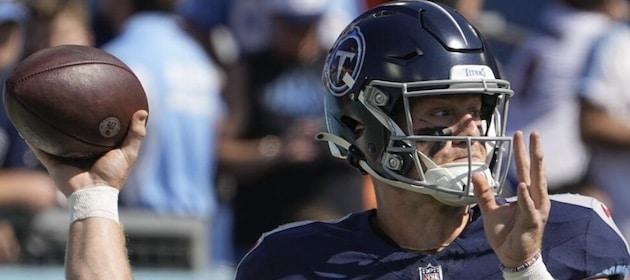
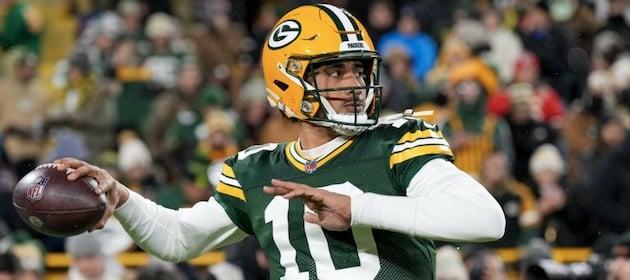
Spambuilder…
Don’t forget to get your picks in for my Bracket Bonanza.
Let me know when you get them in to see if I still (unintentionally) have your comments filtered.
And what is this podcast you speak of?
REV–
Ha ha… that would have been a great line for the podcast. Yeah, that thing that we haven’t started yet.
52 is ridiculous for college… the kid can ball….
AERO–
Just said a similar “temptation” line in another comment. It can happen to the best of us. As I said in the post, I probably break three of those rules a day on a number of occasions. It makes me wonder just how many of the kids on the campus can hold true to the code, but props to BYU for sticking to its guns…
JW–
Hard to argue with what you are saying. Maybe Davies wanted to follow it, but sometimes the temptation is just too much – and can get the best of us. We’ll never know the real story behind the story… but I still applaud BYU for holding true to its code. By now, we obviously know the team has struggled without Davies in the lineup.
Jimmer went off tonight, pouring in 52.
Not bad for a virgin.
The kid probably intended to honor the code, but temptation can get to the best of us. It reminds me of a line from a Buffet song, “there’s a fine line between Saturday night and Sunday morning”.
Have a great weekend Kev and cheers!
Let’s talk about what “honor codes” really mean. They mean a university wants two types of people – ones who will actually abide by the code, and ones who are smart enough to not get caught. Apparently, Davies was neither.
More importantly, nobody pointed a gun to this kids’ head and forced him to sign on to such a code. Don’t want to follow it, don’t go to BYU – yeah, it’s that simple. Davies entered into a commitment to follow it voluntarily.